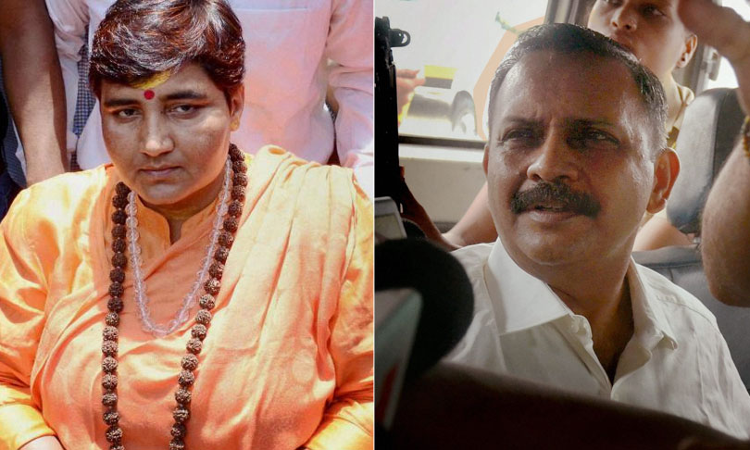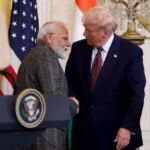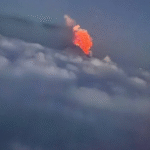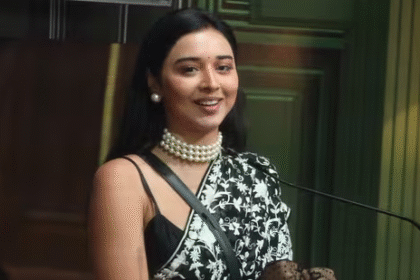Malegaon Blast Trial: Court to Deliver Order After 1,087 Hearings on Victims’ Plea Against NIA’s Stand on Pragya Thakur
Mumbai: “This was not just a trial against the seven individuals accused of participating and executing a terror attack but also a case where families of those killed and the victims who suffered serious injuries were put to trial too,” says advocate Shahid Nadeem, as he looks back at the Malegaon 2008 blast trial, which is scheduled to finally come to an end today, July 31, nearly 17 years after the incident.
The special National Investigation Agency (NIA) judge A.K. Lahoti will pronounce judgment in the case that involved high profile accused persons, including Bharatiya Janata Party leader and former Member of Parliament (MP) Pragya Singh Thakur, serving army Lieutenant Colonel Prasad Purohit, and retired army officers among others. The accused, according to the agency, were a part of Abhinav Bharat organisation. They allegedly appointed Purohit to carry out terror operations across the country with the aim to eventually make India into a “Hindu nation”.
The trial began in 2018 and in all, 323 witnesses were examined. According to the final tally given by the special public prosecutor Avinash Rasal, 39 of them turned hostile in court.
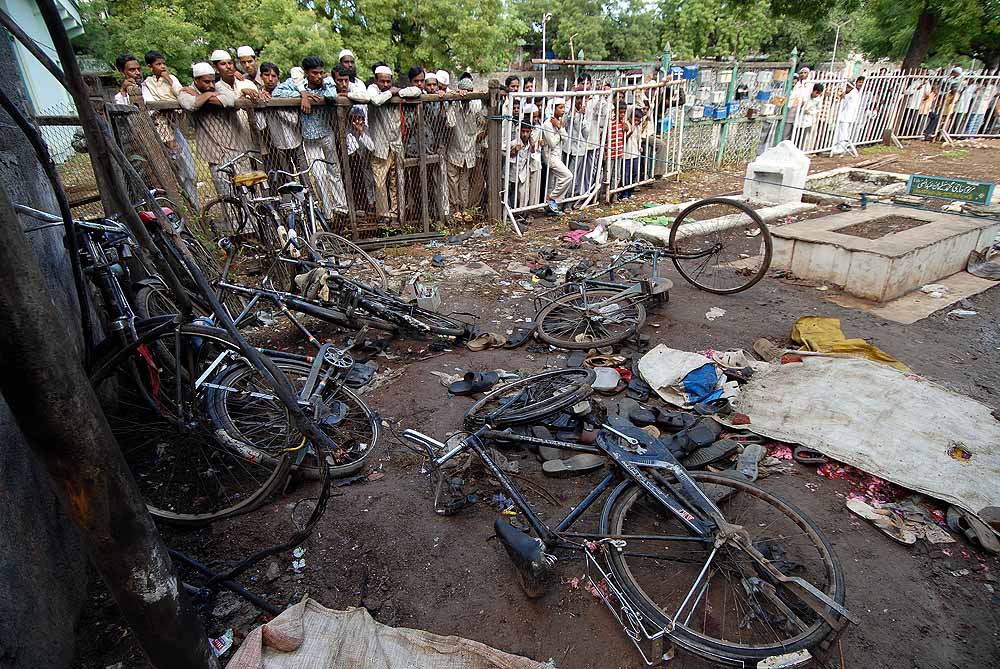
It is usual for victims’ medical certificates to be submitted so that they are not physically required to appear in court. This case is perhaps the only one in which injured victims were made to travel long distances from their hometown of Malegaon to Mumbai, where the NIA court is located, for their testimonies.
“Only because one of the accused persons [Sudhakar Dhar Dwivedi] challenged the very incident – he called it a “cylinder blast” – did the victims have to travel so many times, just to disprove his theory,” Nadeem says.
In 2008, Ramzan, a holy month for Muslims, coincided with Navaratri, an important festival for Hindus. A bomb went off at the Bhikku Chowk in Malegaon, a satellite power loom town, nearly 100 km northeast of Nashik in Maharashtra. The Anti-Terrorist Squad had claimed that the improvised explosive device or IED had been planted on an LML Freedom motorcycle specifically during that time to cause communal tension in the already communally sensitive town. In all, six persons were killed and as many as 101 individuals suffered injuries.
The state would sanction a paltry sum of Rs. 250 to cover the travel cost of the injured victims. This money was nowhere enough to cover the nearly 350 kilometres to court and the equal distance home. “The victims come from the lowest strata of the society and couldn’t afford the travel on their own,” Nadeem adds. So, the Jamiat Ulema-i-Hind, a socio-religious organisation which until this point would only provide legal aid to individuals they felt were wrongly implicated in terror cases, also stepped in to take care of witnesses in this case. So it was that Nadeem, originally from Malegaon and with a long association with Jamiat, came to be involved in the case.
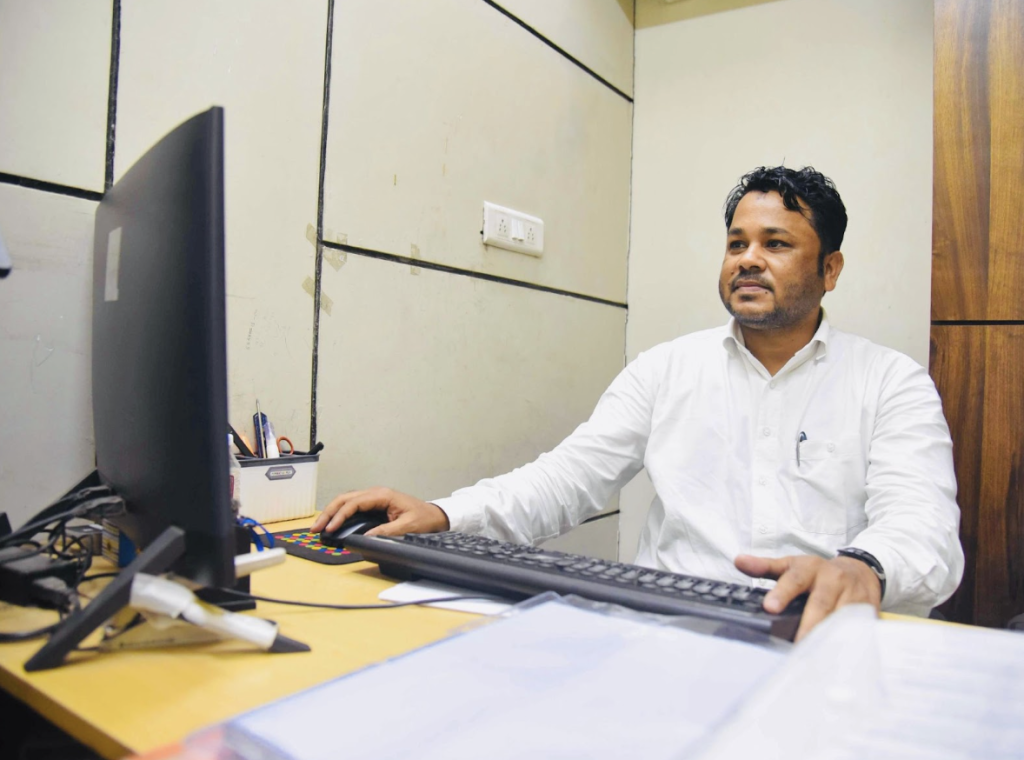
Besides Thakur, Purohit and Dhar Dwivedi, others who faced trial in the case include Ramesh Upadhyay, Ajay Rahirkar, Sudhakar Chaturvedi and Sameer Kulkarni.
The victims participated not just as witnesses but also did their best to keep the trial on track. The protracted terror trial, initially handled by the Maharashtra Anti-Terrorism Squad and later taken over by the National Investigation Agency (NIA), would have been disposed of long ago had the victims’ families not intervened. While the Criminal Procedure Code (CrPC) provides for victims to be an active participant in the trial, this rarely happens in terror cases.
Nisar Ahmed Sayyed Bilal, father of 19-year-old Sayyed Azhar, who was killed in the blast, became an intervenor in the case in 2016, shortly after the NIA filed its supplementary chargesheet, giving a clean chit to the prime accused, Pragya Singh Thakur, a former BJP MP from Indore, along with three others Shyam Sahu, Praveen Takalki and Shivnarayan Kalsangra. Two others, Jagdish Mhatre and Rakesh Dhawde, too were cleared of all the terror charges and only faced trial under the Arms Act before another court.
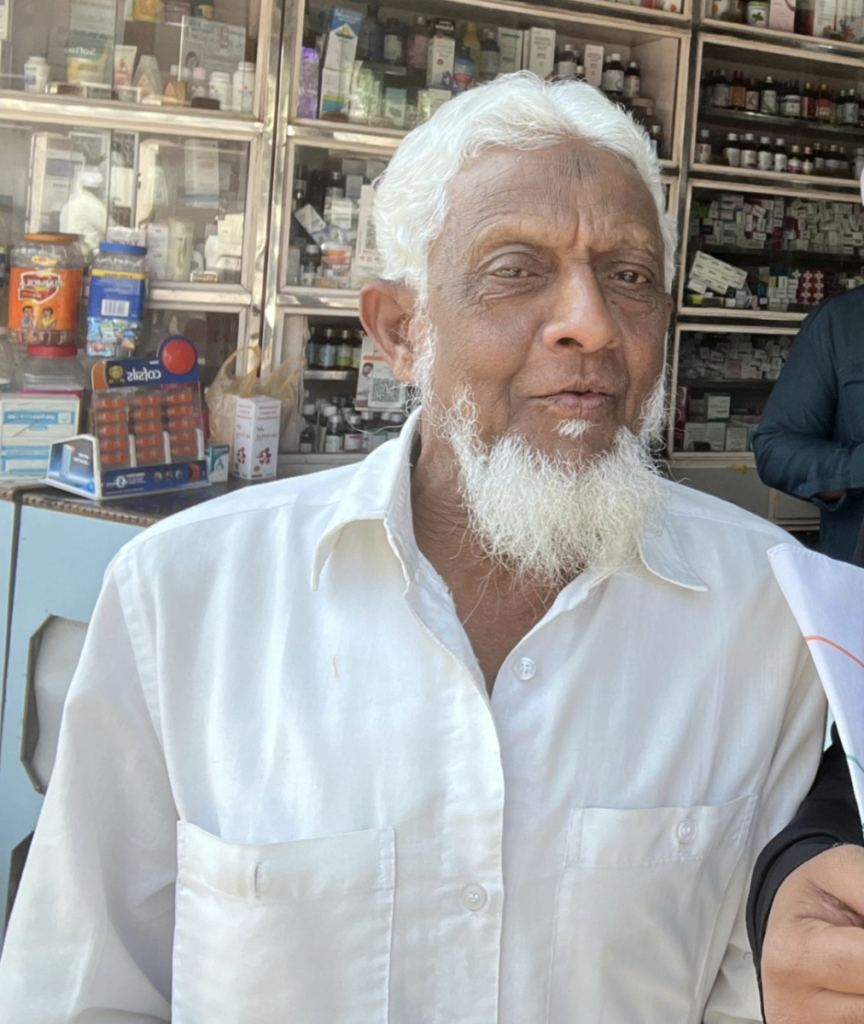
Nisar Ahmed, now 75-years- old, can barely speak. His condition has deteriorated rapidly over the past two decades during which he has been waiting for justice. But his health has not deterred him and since he moved his intervention application through his lawyer, Nisar Ahmed has consistently intervened, right from the trial court up to the Supreme Court.
Nisar Ahmed’s first application was to oppose Thakur’s discharge from the case. The NIA had virtually given her a clean chit in 2016, claiming “sufficient evidence has not been found” against her among others. The original ATS case was that Thakur had owned the LML motorcycle used for the explosion and she had handed it over to her associate and a wanted accused in the case, Ramchandra Kalsangra.
Also Read: Trump Imposes 25% Tariffs on ‘Friend’ India from August 1, Adds Penalty Over Russian Oil Purchases


